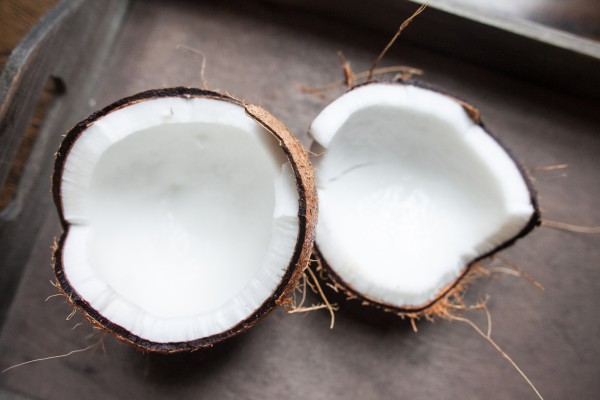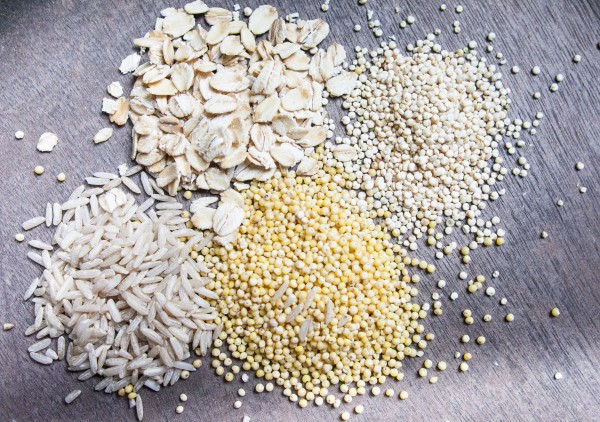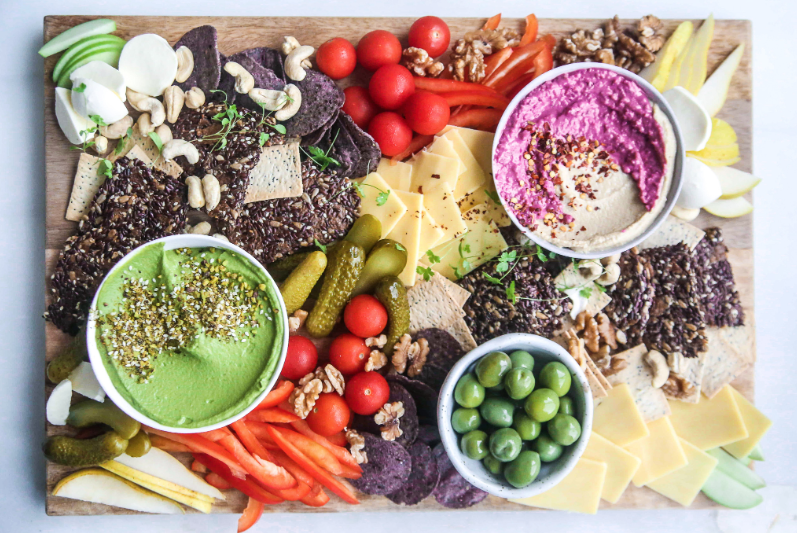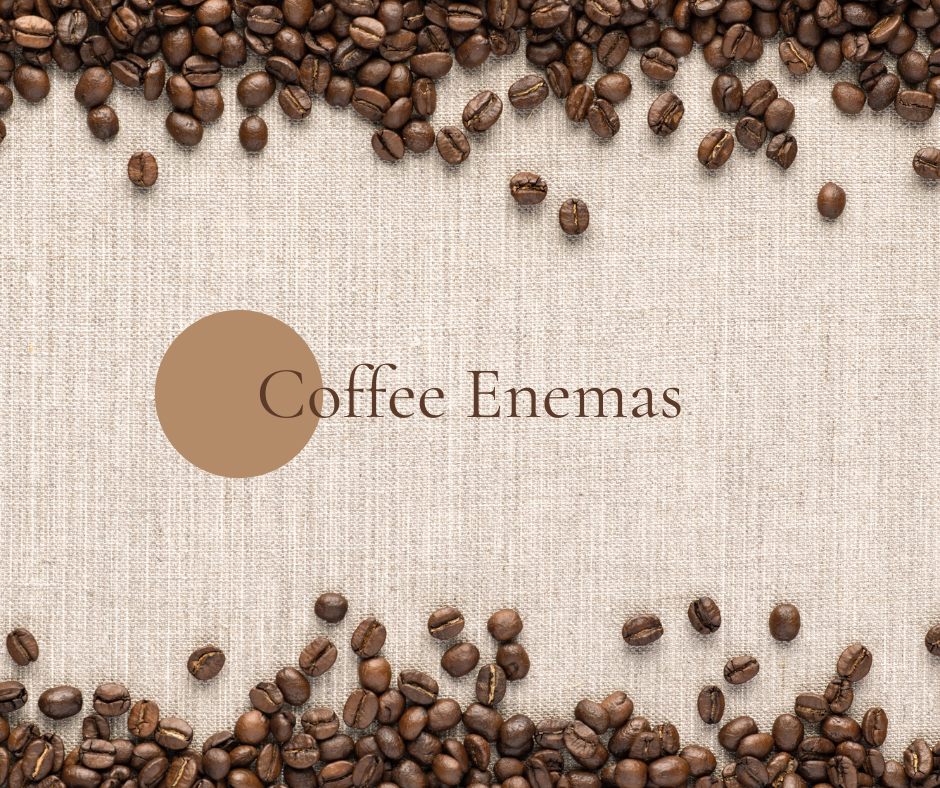

Did you overindulge this Thanksgiving? No problem. Let’s work together to get back on track. While there are many ways to reset, I think understanding (on a deeper level) what leads to your cravings and over-indulgence will be the most helpful.
If you feel like you cannot control your cravings, there may be an underlying imbalance with one of these 8 hormones that control your satiety and hunger. It may be bigger than not being able to stop at one piece of pie. It could be a sign your hormones are out of whack.
Our bodies are complex, and while you may have the best intentions to eat well, sleep, and meditate… It may not be enough until you address the underlying issues.
Here are the 8 hormones that can sabotage our best intentions:
- INSULIN: The Storage Hormone
Role: Insulin is secreted by the pancreas. It regulates how our bodies use and store glucose (sugar) and fat. It is a hormone that allows the cells to take in glucose, and thus prevents fat cells from being broken down. Insulin keeps your blood sugar levels from getting too high (hyperglycemia) or too low (hypoglycemia).
Imbalance: Leads to elevated insulin levels, metabolic syndrome and insulin resistance, increased hunger, and cravings.
Solution: If you have an imbalance with insulin levels, you will want to decrease your carbohydrate intake, as well as your fructose intake. Fructose increases insulin levels. Exercise will help burn glycogen stores.
- LEPTIN: The Satiety Hormone

Role: Leptin is secreted by fat cells. It notifies the hypothalamus in the brain that you have eaten enough food so you can stop.
Imbalance: Leptin resistance is a result of impaired signaling to the brain, and is linked to obesity and inflammation. In essence, you have too much leptin circulating in your blood, but your body is not responding to it.
Solution: Avoid eating foods high in HFCS (high fructose corn syrup) or lots of processed carbohydrates. Avoid processed seed oils and focus on omega-3 oils. Get sufficient sleep (lack of sleep is linked to drops in leptin) and exercise! To beat your cravings, add high quality protein and fiber.
- GHRELIN: The Hunger Hormone
Role: This hormone stimulates appetite and is released from the stomach when it is empty. It stops being released when the stomach is full and stretched, and helps promote food intake and fat storage. It is highest before eating and lowest after eating.
Imbalance: Studies show that obese people have circulating ghrelin that does not decrease, so the brain never receives the signal to stop eating.
Solution: Manage stress! Ghrelin increases during stressful situations causing you to overeat. Avoid carbohydrates, sugar, and sugary drinks because these increase hunger without filling up your stomach. Increase protein at each meal to provide satiety. Increase fiber to provide bulk to your diet, which causes the stomach to stretch and feel full. Do not overly restrict calories, as ghrelin will in increase if you are under-eating or fasting.
- GLUCAGON-LIKE PEPTIDE-1 (GLP): The Full Hormone

Role: This hormone is produced and released when food enters the intestines to relay to the brain that you are full. It enhances the secretion of insulin (the storage hormone).
Imbalance: Chronic inflammation reduces GLP-1, which will negatively affect your satiety – making you feel hungry.
Solution: Increase protein and leafy greens intake to increase production of GLP-1. Increase resistant starch/prebiotics to increase GLP-1.
- CHOLECYSTOKININ (CCK): The Satiety Hormone
Role: This hormone is produced by the GI tract and nervous system, serving to suppress energy intake and reduce appetite. It is responsible for digestion of fat and protein. It improves digestion by slowing down the emptying of food from the stomach and stimulates bile production.
Imbalance: IBS (irritable bowel syndrome) can lead to the overproduction of CCK, which makes you feel deprived of energy.
Solution: To increase CCK production, increase protein, fat, and fiber intake. This will trigger CCK to be released. If you have an overproduction of CCK, I recommend an anti-inflammatory diet to heal the IBS.
Click here to schedule a one on one consult if you are struggling with gut issues.
- PEPTIDE YY (PYY): The Control Hormone
Role: This hormone is released in the GI tract and reduces appetite. It is released right after eating.
Imbalance: Insulin resistance and elevated blood sugar levels impair the production of PYY.
Solution: To balance blood sugar levels, eat a low carb diet based on unprocessed foods. Increase protein intake with carbs to balance blood sugar, and eat plenty of fiber to increase production of PYY.
- NEUROPEPTIDE Y (NYP): The Stimulate Hormone
Role: This hormone is produced by the brain and nervous system to stimulate appetite for carbohydrate, and is highest during fasting and food deprivation.
Imbalance: Stress can increase NYP levels, which can lead to overeating and abdominal fat gain.
Solution: Eat regular meals, as fasting causes an increase in NYP. Increase protein and fiber intake to decrease NYP.
- CORTISOL: The Stress Hormone

Role: This hormone is produced by the adrenal glands that sit on top of the kidneys. It is vital for our survival.
Imbalance: Chronically elevated levels can lead to overeating and weight gain. Increased levels are linked to belly fat. A strict diet can also increase cortisol levels.
Solution: Eat a well balanced diet, such as regular meals with protein, fat, fiber, and greens. Manage stress through meditation, try to sleep more, and relax.
Hopefully this is helpful in trying to find the root cause of your cravings! So many people overlook these bodily functions when building healthier lifestyles or making dietary changes. It’s not just a matter of willpower – your hormones have a very real effect on how your body functions. The better you understand them, the easier it will be to keep things balanced and make strides toward a healthier, happier you!








